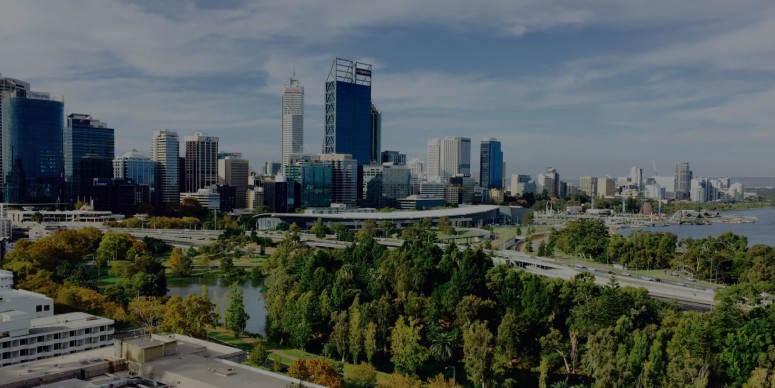In today’s post, we revisit the Smart City Expo World Congress that took place in Barcelona from 17th to 19th of November in 2019. Sérgio Carvalho, an associate partner at Deloitte, shared with Zigurat the work he does for the professional services network in the digitalization of cities. The interview also focuses on Deloitte CitySynergy ™ operating platform for smart cities.
Each smart city initiative should be built on three goals: quality of life, economic competitiveness, and sustainability. Right now,
cities consume about 75% of the global natural resources while producing 50% of the global waste and 60-80%of greenhouse gas emissions. Yet, they account for less than 2% of the Earth’s surface. As we can see by looking at the numbers, it’s a scenario that will not play out favorably for humanity in general.
Turning to digital technologies might just be something that helps the cities to adjust to the new reality and overcome many limitations rapidly. Even if it’s still uncertain how it will play out in the context of urban development, there’s
undeniable potential to make the lives of the citizens better and more sustainable.When it comes to events that put the spotlight on urban innovation, Smart City Expo World Congress is a not-to-miss event for the whole smart city ecosystem. A meeting point for corporate leaders, public representatives, entrepreneurs, experts and academics from all around the globe, SCEWC offers them the opportunity to come together and learn from each other by sharing experiences, talking about best practices, and opening new paths for international collaborationThe multinational Deloitte—that offers professional services from strategy to operations— exhibited at the expo its smart city solutions. Their stand was built around CitySynergy ™,
an integrated city operating system that provides a holistic view into the heart of a city. Sérgio Carvalho explains that it’s a system divided into five sub-products, each one of them with a specific set of functionalities related to the core functions of any city. This way of managing a city will help
to break the silos and integrate different aspects of urban life.
Normally, every system is a different
ecosystem of players, made up of, for example, operators of mobility, operators of smart lighting, operators of waste collection, etc. “As citizens, we’re aware that street and traffic lights impact mobility, that mobility affects air quality, etc, but in city management those areas are today broke into silos,” Sérgio Carvalho explains the current situation.
And that’s when the CitySynergy™ comes in. It’s an operating system that will permit its users to
create a digital twin of the city and integrate all the vertical domains in the digital twin. All the aspects that are managed in the digital can be immediately correlated which will result in a better service to the citizen. Deloitte CitySynergy ™ will also provide a fully compliant defensive layer around the command centre and protect the connected IoT devices and citizens.
Another important element is to
provide the civil servants with a tool that permits them to offer the right services. Thanks to the intelligence provided by CitySynergy™ the city will able to optimize its operational efficiency and help the stakeholders get real-time information about city services and operations. Deloitte CitySynergy ™ also permits to integrate datasets from additional sources and different legacy systems.
“
We don’t deliver hype technologies, we are integrators. Our job is to understand what all the stakeholders of a city need,” Sérgio Carvalho underlines as he explains that Deloitte’s role is to put everybody in contact and to manage the ecosystem.Deloitte is currently working on projects around the world from Australia to Canada to China to Chile and passes information between the members of their network all around the world. They help companies
to understand the changes brought around by technology.
In Deloitte’s vision, if cities want to attract investment - new companies, new buildings, new factories - and talent,
they need to become smart. “A city that is smart is a city that works smoothly and people want to live there. We have proof that a city that is smart grows up to 2% year-on-year compared to another city that is maybe 20 kilometers away,” Sérgio Carvalho continues.
A city that is smart can, in fact, lower the cost of everything from mobility to street lighting more than 30% year-on-year on every project. If money is saved, it can be
destined to provide better services to the citizen. As a result, people could live in cities that work well.
“Deloitte remains at the forefront of the digital transformation that the cities and districts really need,” Sérgio Carvalho concludes.
Start your learning journey and build a more sustainable future!
